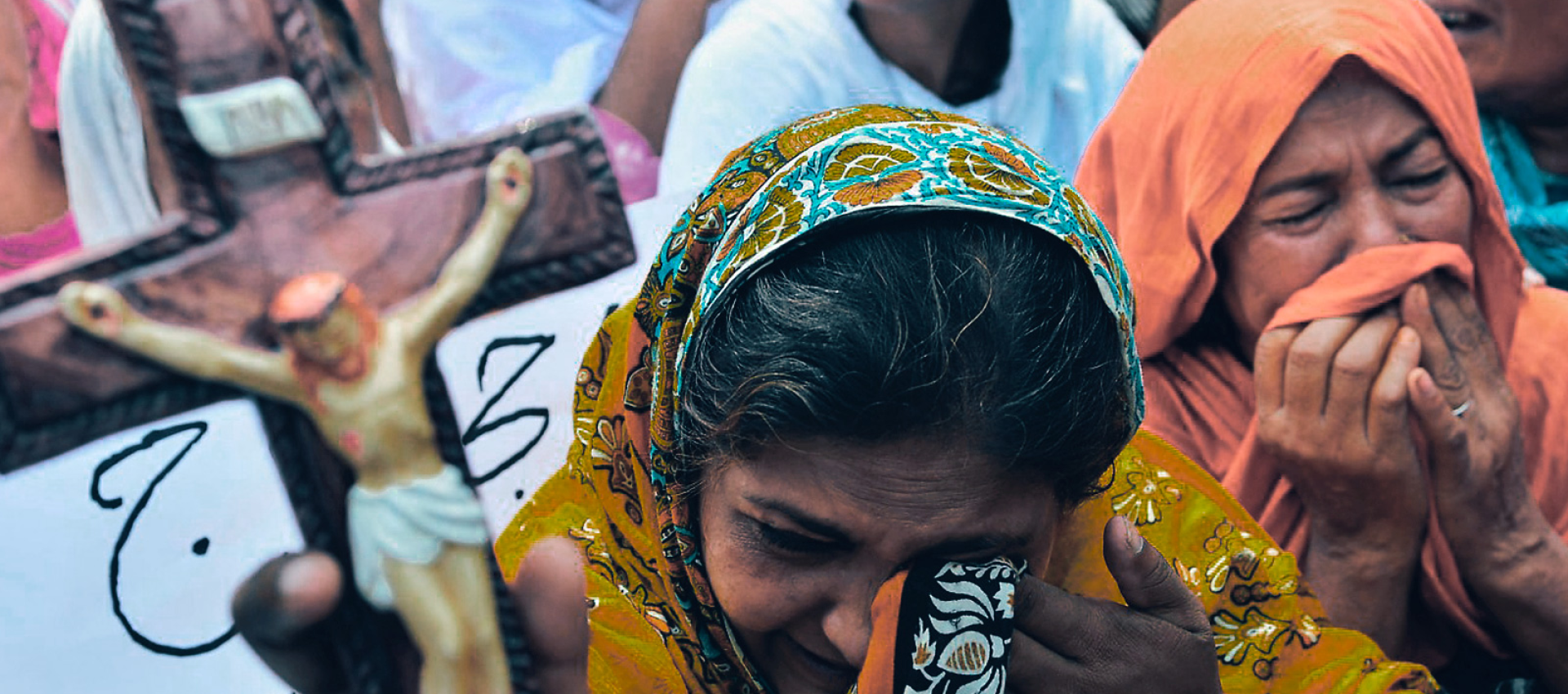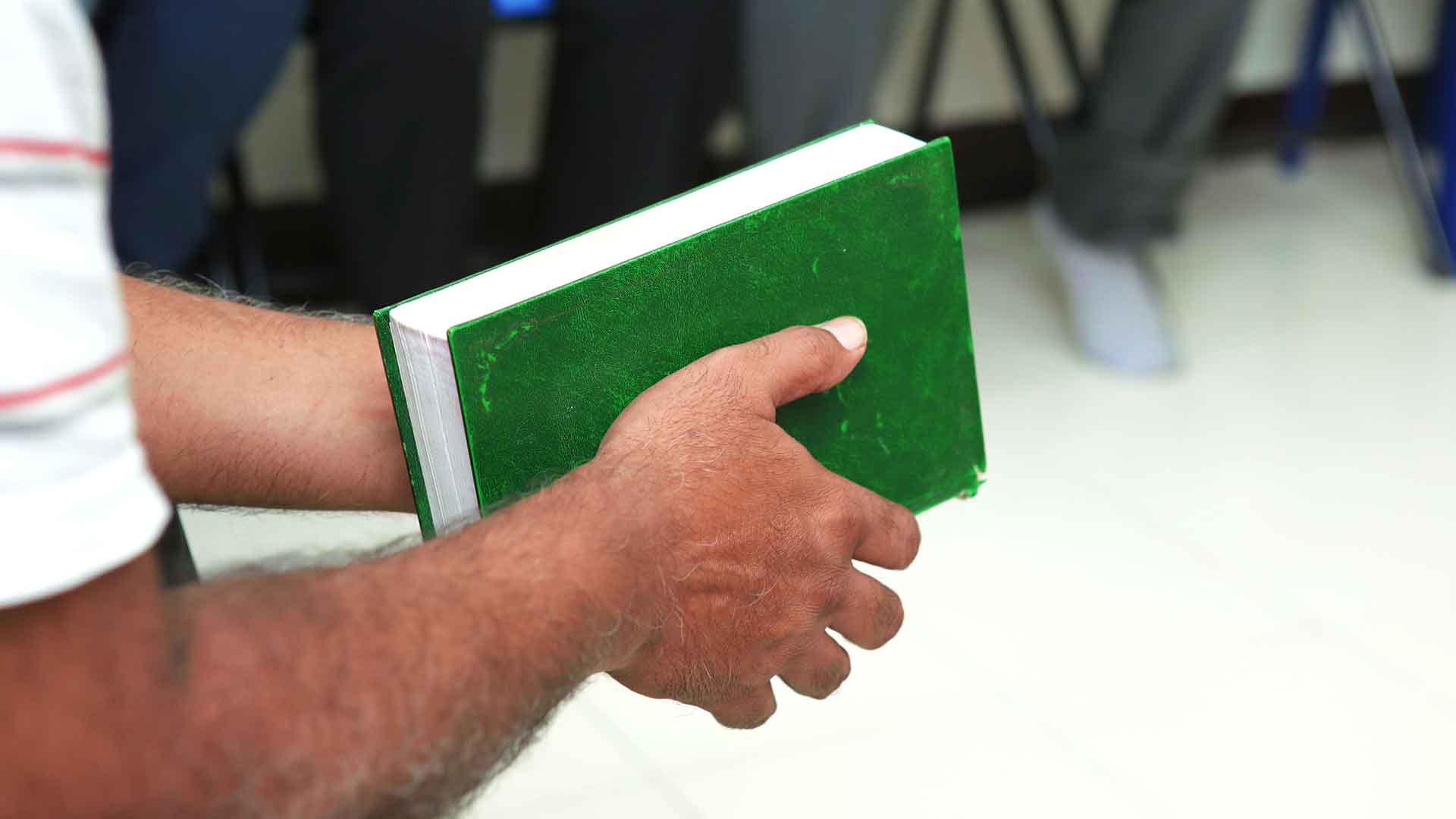Blasphemy Law in Pakistan, which could already mean death for those deemed to have insulted Islam or the Prophet Muhammad, can now also be used to punish anyone convicted of insulting people who were connected to him.
Those convicted of insulting the Prophet Muhammad’s wives, companions or close relatives will now face 10 years in prison, a sentence that can be extended to life, along with a fine of 1 million rupees, roughly €3.000.
It also makes the charge of blasphemy an offense for which bail is not possible.
The move in January 2023 by Parliament to further strengthen the nation’s strict blasphemy laws, which are often used to settle personal scores or persecute minorities, has raised concerns among rights activists about the prospect of an increase in such persecution, particularly of religious minorities, including Christians.
Then in June 2023 A 12-point agreement was signed on by Interior Minister Rana Sanaullah with the Tehreek-e-Labbaik (TLP) proposing the application of the Anti-Terrorism Act (ATA) Section 7 on anyone convicted of defaming Prophet Mohammad in addition to other sections of the country’s penal code.
This possible addition of terrorism charges will make the blasphemy suspects more vulnerable. The government of Pakistan continues to surrender before Tehreek-e-Labbaik (TLP) which had launched a 25-day-long march from Karachi seeking stricter punishment and speedy trials for blasphemy accused.
Origins and Application of the Blasphemy Law
The roots of the Blasphemy Law in Pakistan can be traced back to colonial-era legislation, but it was expanded and made more stringent under General Zia-ul-Haq’s rule in the 1980s. While initially aimed at protecting religious sensitivities, the law has increasingly been used to target religious minorities, particularly Christians, Hindus, and even Muslim sects like the Ahmadiyya community.









